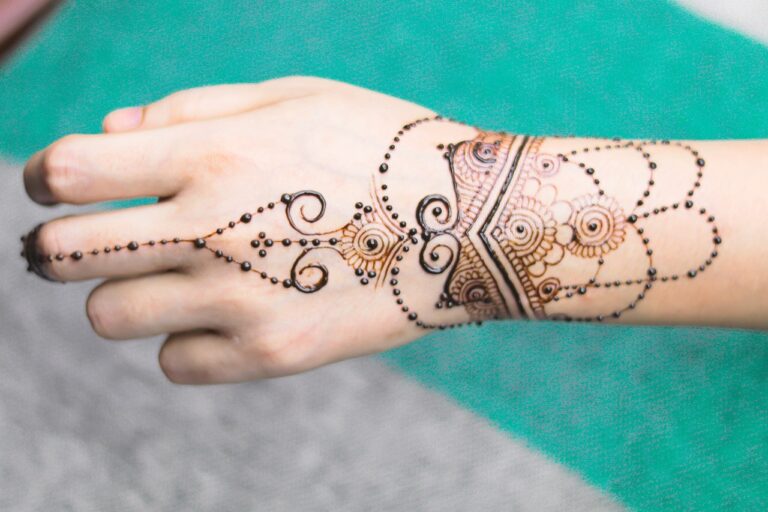Fashion and Mindful Consumption: Making Ethical Fashion Choices
Fast fashion’s rapid production cycles and constant demand for new trends contribute to a significant amount of waste in the environment. The pressure to produce clothing quickly and cheaply leads to overconsumption and disposal of garments at an alarming rate. This cycle results in the depletion of natural resources and the emission of harmful pollutants into the air and water.
Moreover, the production of fast fashion items often involves unethical practices such as exploitation of labor in sweatshops and poor working conditions. These unethical practices not only harm the well-being of workers but also perpetuate a cycle of environmental degradation. The lack of transparency in the fast fashion industry makes it difficult for consumers to make informed choices about the impact of their purchases on the environment and society.
• Fast fashion’s rapid production cycles and constant demand for new trends contribute to a significant amount of waste in the environment.
• The pressure to produce clothing quickly and cheaply leads to overconsumption and disposal of garments at an alarming rate.
• This cycle results in the depletion of natural resources and the emission of harmful pollutants into the air and water.
• The production of fast fashion items often involves unethical practices such as exploitation of labor in sweatshops and poor working conditions.
• These unethical practices harm the well-being of workers and perpetuate a cycle of environmental degradation.
• The lack of transparency in the fast fashion industry makes it difficult for consumers to make informed choices about their impact on the environment.
The Importance of Supporting Sustainable Fashion Brands
Supporting sustainable fashion brands is imperative in today’s world where the fashion industry is a major contributor to environmental pollution. By choosing to invest in sustainable fashion, consumers can play a pivotal role in reducing the negative impact of the industry on the environment. From utilizing eco-friendly materials to ethical manufacturing processes, sustainable fashion brands are leading the way towards a more environmentally conscious future.
Moreover, by supporting sustainable fashion brands, consumers are advocating for fair labor practices and social responsibility within the fashion industry. Many sustainable fashion brands prioritize ethical working conditions, fair wages for workers, and transparency in their supply chains. This not only promotes social justice but also empowers workers in the fashion industry to have better livelihoods and working conditions.
How to Identify Ethical and Transparent Fashion Companies
When looking for ethical and transparent fashion companies, it’s essential to start by researching their supply chain and production processes. Ensure that the brand shares information regarding where their materials are sourced, how their garments are made, and what steps they take to promote sustainability and fair labor practices. Transparency in these areas is a good indicator of a company’s commitment to ethical practices.
Another key aspect to consider is a brand’s certifications and partnerships with recognized ethical and sustainable organizations. Look for certifications like Fair Trade, Global Organic Textile Standard (GOTS), or B Corporation, as these indicate that a company has met specific standards related to social and environmental responsibility. Additionally, partnerships with NGOs or initiatives focused on promoting ethical fashion can also demonstrate a brand’s dedication to making a positive impact in the industry.
What is fast fashion and how does it impact the environment?
Fast fashion refers to inexpensive clothing produced rapidly by mass-market retailers in response to the latest trends. This industry contributes to environmental degradation through high levels of water consumption, chemical pollution, and textile waste.
Why is it important to support sustainable fashion brands?
Supporting sustainable fashion brands helps promote ethical practices in the industry, reduces the environmental impact of clothing production, and supports fair labor practices. By choosing to support these brands, consumers can help drive positive change in the fashion industry.
How can consumers identify ethical and transparent fashion companies?
Consumers can look for certifications such as Fair Trade, GOTS (Global Organic Textile Standard), and B Corp. They can also research a company’s supply chain transparency, commitment to sustainable practices, and treatment of workers to determine if they are ethical and transparent.







